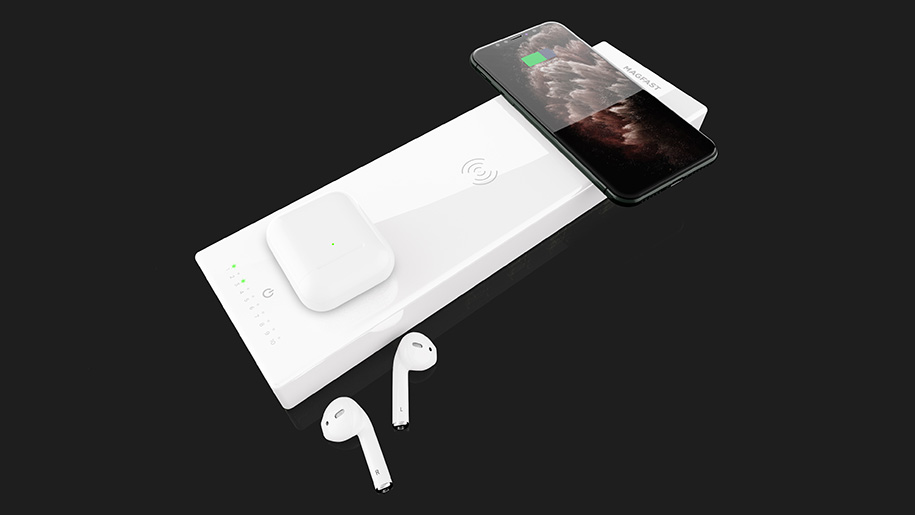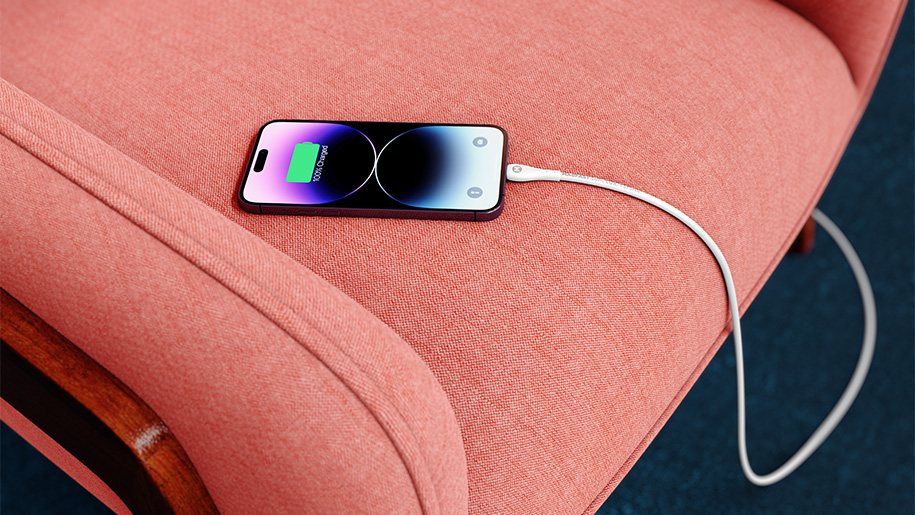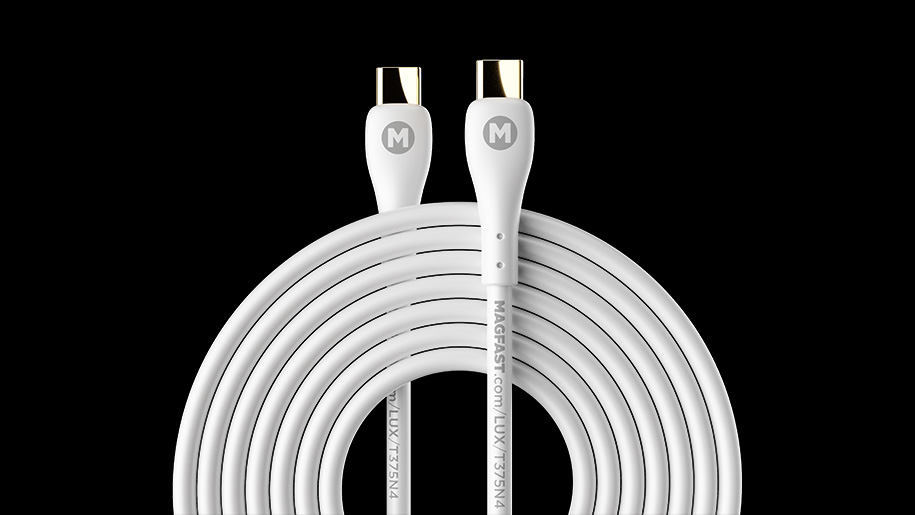Do Your Devices Really Need Screen Protectors?

We’ve all been there. You drop your smartphone, and it lands face down on the floor. You get that sinking feeling – will you pick it up to find a cracked or smashed screen? It’s for this reason that so many people choose to protect their devices with a screen protector. And it makes sense to want to keep your phone protected, as it’s an expensive piece of kit that you rely on to use every day. Most people would prefer not to have to fork out to get their screen repaired or go potentially weeks without a phone waiting for the screen to be replaced.
But are screen protectors really as much of a necessity as they once were?
The benefits of screen protectors
A high-quality, tempered glass screen protector will do a good job of protecting your screen from the small scratches that come from daily wear and tear. Whether your phone is kept in a bag with your keys, or you’re just super clumsy and can’t seem to keep a hold of your device, a screen protector will take the brunt of the damage, making sure your phone screen keeps working. Not only will this mean your phone is kept in a good condition, but it will also be much easier (and cheaper) to replace the screen protector when it becomes too damaged to use, rather than the phone screen itself.
Some screen protectors can also provide added privacy or anti-glare benefits. Screen protectors with privacy features are great if you regularly use your phone in public and want to keep what you’re looking at away from prying eyes. Anti-glare screen protectors can help to make your phone easier to use in bright sunlight – particularly helpful if you’re trying to take that perfect Instagram photo on a sunny day.
The downsides to screen protectors
There can be some disadvantages to using a screen protector. For one, they can change how the screen looks, especially some cheaper protectors that discolor over time. This can sap some of the vibrancy from the colors displayed on your screen.
Protectors can also change how the screen feels. Plastic protectors won’t feel as nice and smooth as the glass screen. Plus, protectors can make using force touch, also known as 3D touch, more difficult to use, as they will make the screen less sensitive to the pressure you apply.
Also, screen protectors can be difficult to fit correctly. This can leave you with air bubbles under the protector. They can also be difficult to fit in the right place and can obscure the front camera, speaker and home button, if your phone still has one.
Do modern devices need screen protectors?
Most smartphones use Gorilla Glass, a super tough glass created by a company called Corning that is resistant to scratches and cracks. The first iPhone, launched in 2007, was the first smartphone to have a glass screen instead of plastic, and it used Gorilla Glass.
While these early smartphones might have been prone to shattering on impact, over the years there have been different iterations of Gorilla Glass, with improvements being made with each formula. The most recent version of Gorilla Glass is Gorilla Glass Victus, which can withstand drops up to 2 meters and has scratch resistance that’s four times better than competitors.
Recently, Apple has stopped using Gorilla Glass on its devices, switching to Ceramic Shield for its iPhone 12 in 2020. This glass incorporates ceramic nanocrystals that are so small that they appear transparent, just like normal glass. Apple says Ceramic Shield is four times better at resisting scratches and cracks than the glass used on models that preceded the iPhone 12.
So, with these advancements in toughened glass for smartphone screens, it may not be necessary to use a screen protector. They may already be utilizing the required technology to resist scratches and scrapes.
Are there any instances where screen protectors would be required?
There may be some situations where a screen protector can help to provide added protection for your phone. Sand can be particularly dangerous for phone screens, causing many tiny scratches on even Gorilla Glass and Ceramic Shield. If you visit the beach often, you may benefit from using a screen protector. Similarly, if your job involves you working around sand or rocks – for example if you work in construction – a screen protector may be the safest option. Some other types of glass, rare metals, and hard materials like diamonds can also scratch even modern phone screens.
Keep your devices protected
Keeping your smartphone in the best condition doesn’t stop with a screen protector. The accessories you use can also affect how your phone performs. For example, using low-quality chargers can damage your phone and cause it to run slowly by making it overheat. Instead, you should aim to use only premium charging devices with your smartphone.
MAGFAST’s revolutionary family of chargers has been designed to the highest specification using only high-quality components. Our portable device chargers and power banks always deliver a fast and efficient charge, with a range of devices for use in every part of your life.
Discover MAGFAST’s chargers today and attend our demo to find out what makes them smarter, more durable, and more stylish than the chargers you’re used to. You’ll even be included in our prize draw to win $1,000 worth of tech products!





